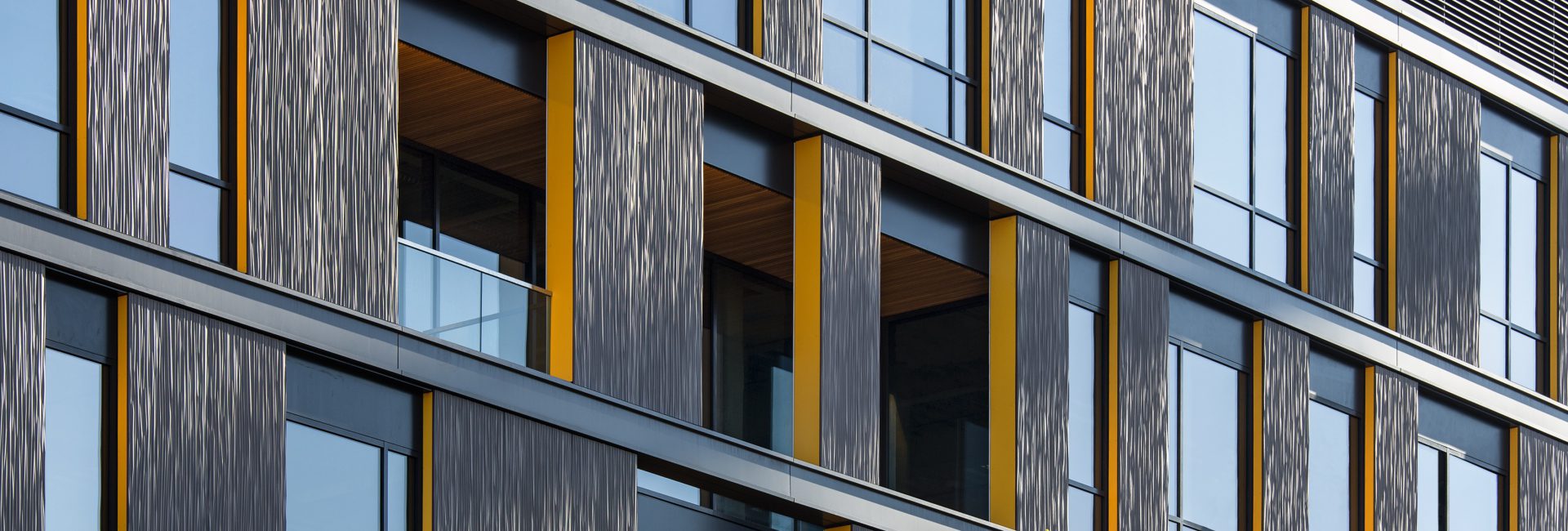Andrea Love responds with a Letter to the Editor regarding the Framework Issue of ArchitectureBoston. We’ve shared her response here. You can read additional Letters to the Editor responding to the Spring 2016 issue.

Brian Swett’s “Ready or not?” rightfully highlights Boston’s vulnerability to climate change from extreme weather events. Cities comprise interconnected systems, and the resiliency of the area’s buildings, neighborhoods, transportation, energy, and water infrastructure are critical for our region’s long-term survival. Many architects have embraced preventative strategies aimed at mitigating climate change with such programs as the AIA 2030 Commitment, LEED, and the Living Building Challenge, and the City of Boston published “Building Resilience in Boston” as a best practice guide for existing buildings. While designers must focus on minimizing environmental impacts, we also need to embrace and implement the principles for creating resilient communities.
Swett highlights the actions that have been taken, but I would argue that we need to be bolder and continue to be national leaders on climate mitigation. For the past few years, the American Council for an Energy-Efficient Economy has ranked Massachusetts number one. Swett cites New York, London, and Copenhagen but neglects to mention the city of Cambridge’s aggressive plan to get to zero carbon emissions for all buildings by 2030. The adoption of a similar framework for Greater Boston will increase the scale of the plan’s impact while establishing the area as a national leader in preparing for climate change.


